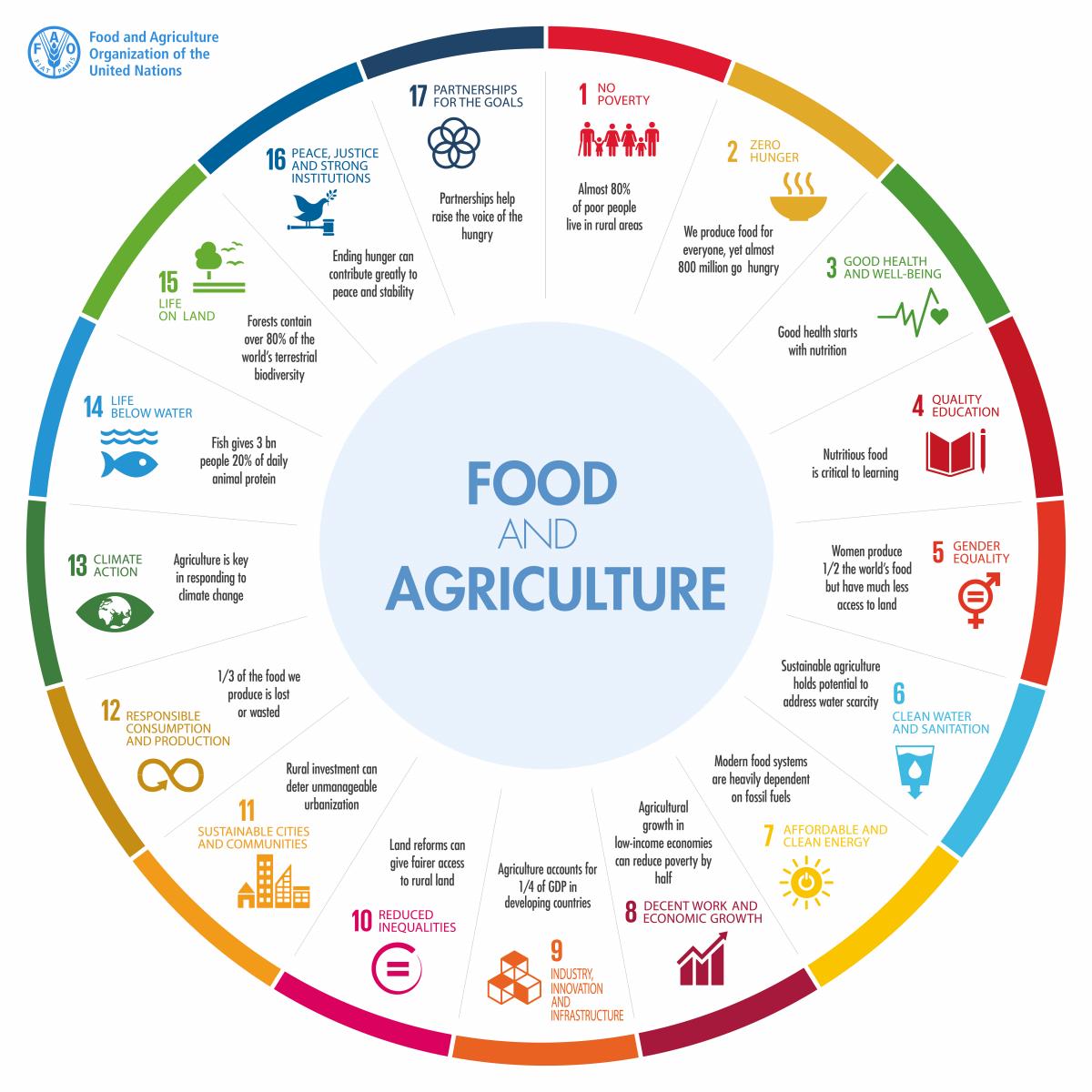In September 2015, all the member states of the United Nations – including Canada – adopted 17 goals: the Sustainable Development Goals (SDGs). The goals aim to address social, economic and environmental challenges. By bringing together both developed and developing countries, the SDGs are a roadmap to achieve better and more sustainable futures for all. The timeline for achieving the goals is 2030 – less than six years away.
Praise and Criticism of the SDGs
The SDGs have been criticized and praised for various reasons. Read more here. While imperfect, these goals are among the best global frameworks for guiding action we have. For those working towards systemic change, the SDGs represent objectives to which we can hold our governments accountable, provide a yardstick for progress, and act as a common ground as we work for change in partnership with actors across sectors, departments, and levels of government. With close knowledge of the needs in communities as well as the levers for change, civil society organizations are uniquely poised to help Canada meet these goals.
Food systems and the SDGs
Ultimately, food and agriculture are inherently linked to each SDG, leaving food and agriculture with a unique positionality to achieve all of the SDGs. This graphic from The Food and Agriculture Organisation of the United Nations shows an example of how each Goal is linked to food systems.’’

